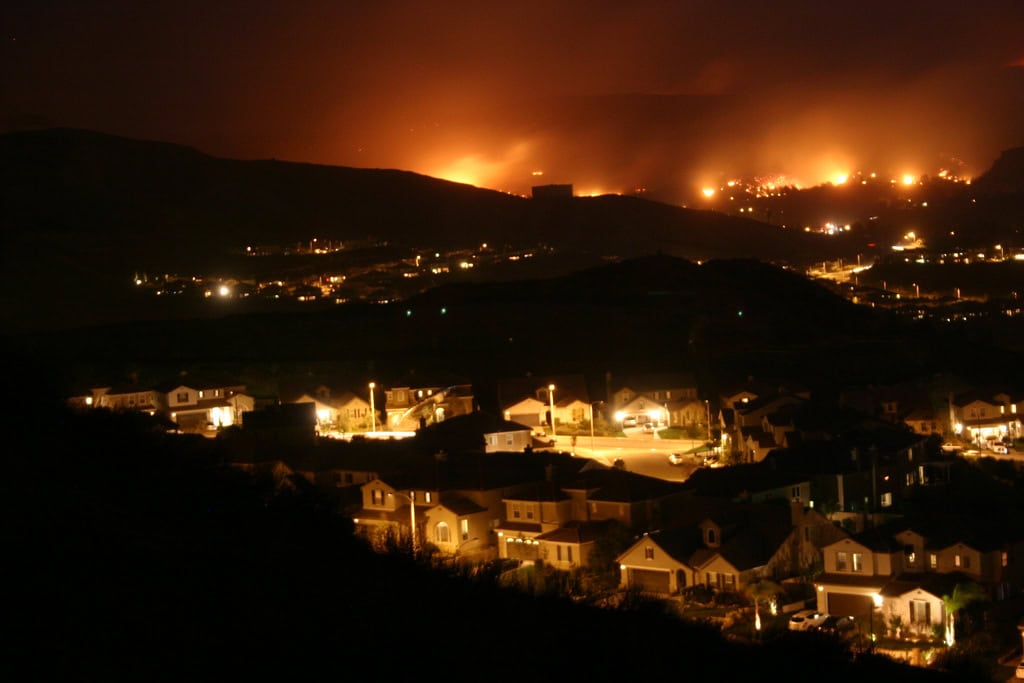As wildfires rage through Los Angeles, reducing homes and dreams to ash, the same old line is back: “This is nature’s punishment for our sins.” It’s a catchy soundbite, sure, but does it actually explain anything? Or is it just another tool for pushing eco-guilt onto the masses?
Here’s the thing: wildfires are complicated. Climate change might be a factor, but so are decades of botched forest management, bad policies, and human negligence—sometimes accidental, sometimes not. But saying, “Mother Nature is angry”? That’s lazy. It’s storytelling for people who prefer slogans to solutions.
Who’s Really to Blame?
Let’s talk about the eco-moralists. You know the type. They’re quick to point fingers, usually at industrialised nations, while peddling the idea that every natural disaster is a direct result of our collective “sins.” Translation? It’s all your fault for driving to work or daring to enjoy a steak. Meanwhile, their own policies have made things worse.
Take controlled burns, for example. Indigenous communities have been using them for centuries to manage fire-prone landscapes. But environmental activists often oppose such practices, arguing they disrupt nature. The irony? By “saving” nature, they’ve turned forests into ticking time bombs. When the inevitable wildfire hits, it’s suddenly all about climate change. Convenient, isn’t it?
And let’s not ignore urban sprawl. As cities like LA expand into fire-prone zones, the risks naturally increase. But instead of addressing this or pushing for smarter planning, we’re bombarded with lectures about carbon footprints from people who fly to climate summits in private jets.
It’s Not All Doom and Gloom
Here’s a thought: maybe wildfires aren’t about punishment or payback. Maybe they’re a natural part of an ecosystem that we’ve mismanaged. The solution isn’t to sit around feeling guilty about human progress; it’s to get practical. Better forest management. Smarter city planning. Policies that work in the real world instead of pandering to ideological purity.
The problem with the “Mother Nature’s revenge” narrative isn’t just that it’s wrong—it’s that it’s useless. Blaming humanity for everything is an intellectual dead-end. It’s a distraction from what we actually can do to make things better.
So the next time someone tells you these fires are karmic justice, ask them this: do you want solutions, or just a scapegoat? Because while they’re busy moralising, the rest of us are left to deal with the ashes.

